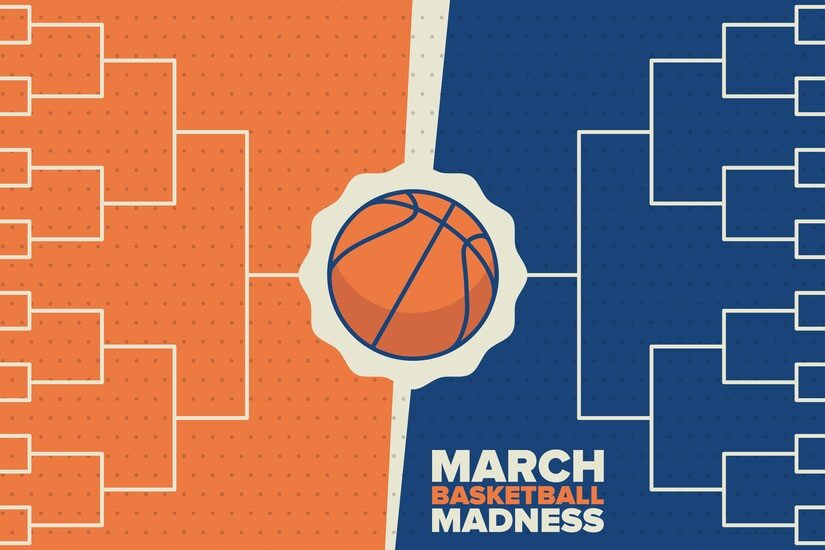Painful, Problematic and Extremely Ill-Advised

Going to the dentist is stressful enough without also having to worry about how to pay for the visit. Fortunately, dental insurance provides financial certainty to millions of Americans. It allows families to regularly access preventative care and to better afford treatments for unanticipated dental issues.
More than 177 million Americans are covered by private dental insurance plans. And 90% of private dental coverage is through an employer or other group coverage.
Unfortunately, recent policy proposals in some states are threatening to wreck the stable structure of the dental insurance system. Some proposals would impose a minimum loss ratio (MLR) on dental insurance in their states, creating an uneven playing field that could cause Americans to lose access to this vital coverage.
An MLR is a required ratio of premium dollar to administrative expense. For example, an MLR of 80% means the insurer is using 80 cents of each premium dollar to pay claims and 20 cents to pay administrative expenses. MLRs are common with major medical health insurance. Because major medical premiums can be very high, an MLR on major medical leaves ample funds for insurers to spend on claims administration, customer service, compliance and more.
But dental insurance premiums are typically very low. So imposing an 80% MLR on a typical dental insurance policy would leave insurers only $5-8 per member per month to administer the product.
This would trigger a cascade effect impacting many families’ financial well-being and health.
To effectively administer the plan, dental plans would need to raise premiums. That could result in a 38% hike for small group plans. Employers currently get lower group rates because they are securing benefits for many employees simultaneously. Plus, the plans often include more coverage, and the employer often pays a portion of the costs.
But mandating an MLR will mean small employers may no longer offer employee benefits on dental premiums, or they may contribute less. Families will lose access to dental insurance and will be less likely to visit dentists regularly for preventative exams.
Dentists will see fewer patients because the ability to maintain dental networks will be impacted. And community health systems will feel increased pressure on their emergency room departments.
An MLR for dental insurance is like a root canal without anesthesia: painful, problematic and extremely ill-advised.
Going to the dentist is hard enough. Policymakers shouldn’t compound the situation by making it harder and more expensive for employers to offer crucial dental insurance coverage to Americans.





